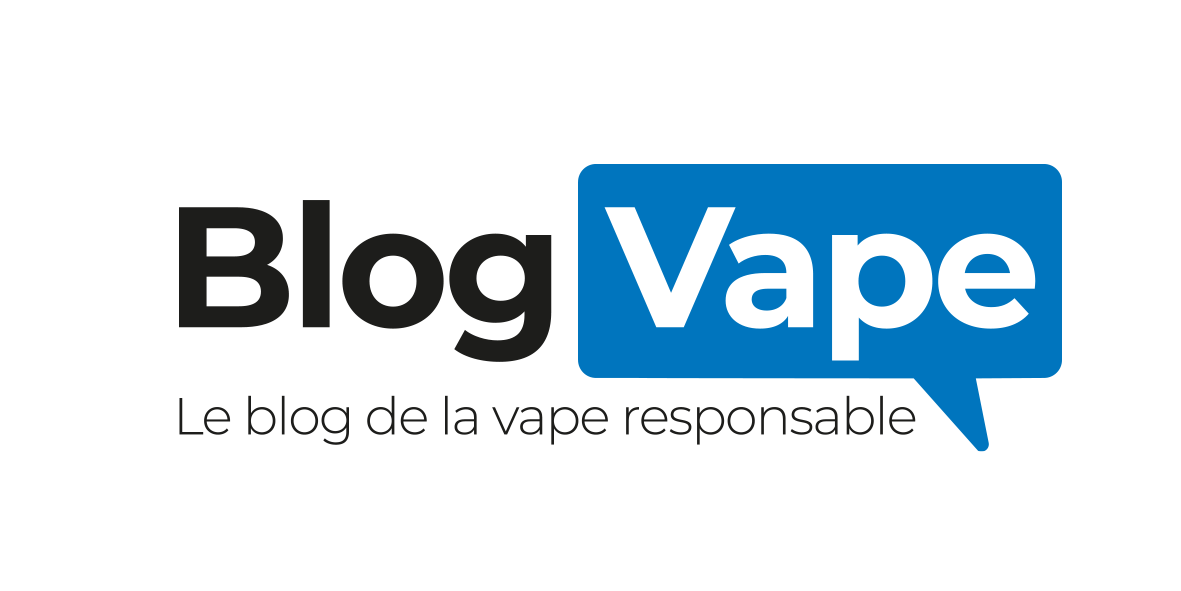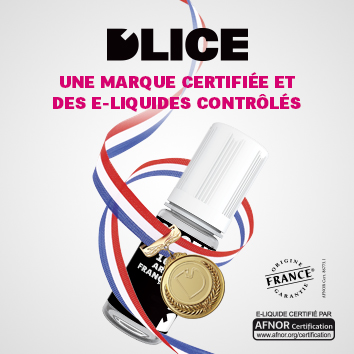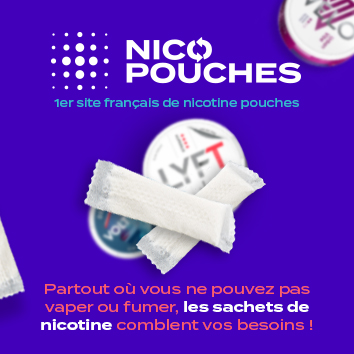Bitter-sweet victory for Swiss vaping enthusiasts
After two years of deliberations, the Federal Administrative Tribunal (TAF) finally assented to the commercialisation of e-liquids containing nicotine. The law should come into force in 2022. It was half-hearted victory, as the measure was tied to a number of conditions that the vaping community do not approve of.
Currently, Swiss legislation forbids the sale of any vaping equipment containing nicotine. As a result, the rate of vaping in the country is quite low, at a mere 0.7%. In fact, this rate is one of the lowest in Europe according to the Federal Public Health Office.
But smoking kills, in Switzerland as much as anywhere else. Figures indicate a rate of 25 preventable deaths every day. Also, smokers in the country have for years fought for relaxing regulations on e-liquids containing nicotine. For them, this decision would make a world of difference to help them fight their addiction and reduce the death rate linked to tobacco consumption.

A legal change with many ramifications
Currently in Switzerland, the only way to get nicotine-containing e-liquids is on the black market. Specialised vape shops only have the option to sell juices with 0% nicotine. To meet the needs of their customer base, many must purchase in bulk in neighbouring countries, importing illegally.
With these new regulations, smokers on the path to improved health will have access to a tried and tested smoking substitute. Opening the Swiss market to nicotine-containing e-liquids will also help bolster a whole economic sector. Furthermore, numerous trade fairs and conventions have already been planned for the coming years. A range of new shops will be opening their doors, and with them, employment opportunities for many locals.
Yet with these laws, vape devices and products will have the same status as tobacco products, a decision that the vaping community cannot stand by. Indeed, this shift in status means even stricter regulations. Minors will not be allowed to purchase any associated products, even with % nicotine. And in the same vein, manufacturers will not be allowed to advertise their poducts by citing potential health benefits.






